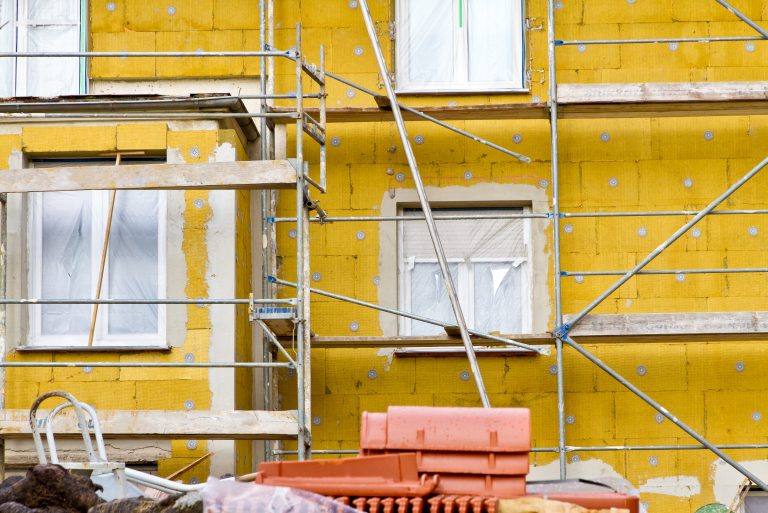The pressure on property owners to carry out energy-efficient renovations and convert their heating supply to renewable energies is growing, partly due to CO2 pricing and the amendment of the Building Energy Act. The modernisation levy and subsidies offer little incentive for landlords to invest in the heating transition, while tenants are not sufficiently protected from the high financial burdens of the transformation. In a new analysis as part of the Kopernikus project Ariadne, IKEM has examined the financial impact of various tenancy law options on yields and rents and what viable solutions can result for the parties involved. Accordingly, an energy modernisation levy can at least partially resolve the landlord-tenant dilemma when switching to a fossil-free heating supply by not taking subsidies into account in the apportionable investment sum with an adjustable cap.
In their analysis, the Ariadne researchers from the German Economic Institute, the Öko-Institut and the IKEM discuss the advantages and disadvantages of the modernisation levy, partial warm rent andCO2 levy liability as well as funding options to support the energy-efficient modernization of housing in Germany. Using two housing examples, they calculate the investment costs for the various options as well as the rent increases and possible heating cost savings resulting from the refurbishment.
The examples, living space in a multi-family house and a single-family house with an assumed efficiency class F, are intended to illustrate the typical housing stock in Germany. Refurbishment costs to achieve an Efficiency House Standard 70 and the resulting potential energy savings are calculated for both types of housing. Profitability, market situation and subsidies are also taken into account. The 16 case constructions resulting from this list of criteria are also examined with regard to the observation period, interest rate and future development of energy prices.
In their analysis, the researchers conclude that all existing options, such as the partial warm rent model proposed in the current federal government’s coalition agreement, either offer no investment incentives or would place a one-sided burden on tenants. The researchers therefore propose a reform of the modernisation levy that specifically addresses efficiency measures in existing buildings. In the medium to long term, the rent index should be revised in order to better reflect local price levels and respond to other fundamental problems that exert pressure on rents. In order to protect tenants from excessive rent increases due to energy-efficient refurbishment, capping limits that can be adjusted to the current construction costs could be incorporated for the calculation of an energy-efficient modernisation levy.




